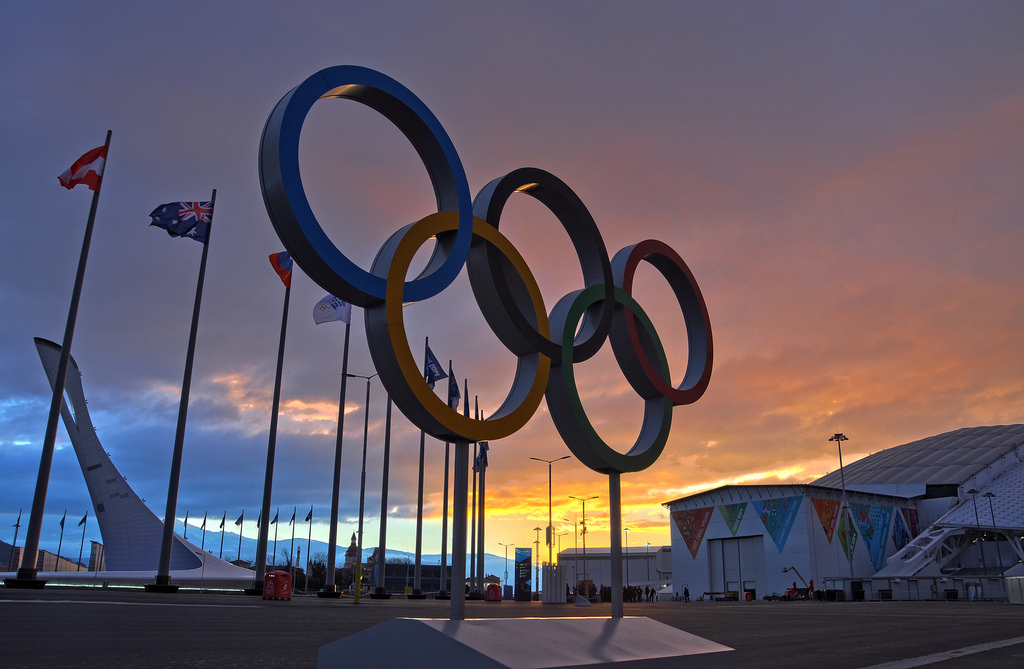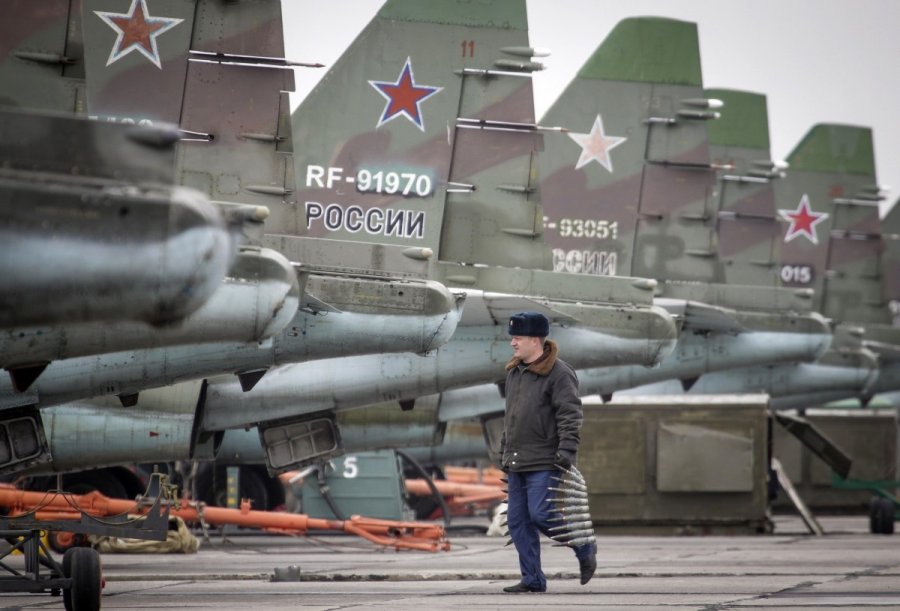
(Credit: Jarrett Frazier)
By: Chris Lewitzke
Maybe it was when Al Michaels asked millions of Americans “Do you believe in miracles?” as the final seconds ticked off the clock during the United States’ 4-3 victory over the Soviets in hockey in 1980. Maybe it was when Usian Bolt challenged the limits of the human body and ran faster than any man other man in recorded history before during the 200-meter sprint in 2008. Maybe it was when Derek Redmond tore his hamstring but tearfully and painfully hobbled to the finish line with the help of his father during the 400-meter race in 1992.
For two short weeks every two years, several thousand athletes come together to provide the world with unforgettable moments of greatness, agony, and humanity. Most viewers of the 2014 Winter Olympics in Sochi can think back to a time in past games when they were overwhelmed with emotion, either awe or heartbreak for the athletes. Maybe it’s the 1980 Hockey Semifinal, the 2008 200-meter dash, or the 1992 400-meter qualifying; maybe it’s a different memory, but the exact situation is unimportant. What is important is that these moments are truly what the Olympic Games are about.
The 2014 Winter Olympics, however, have been anything but a 90-second montage of tear-jerking moments. Amidst reports of corruption that led to a record-setting $51 billion budget in Sochi and struggles to prepare the Russian resort city in time for the games, most of the focus has been on visitors’ mishaps in Sochi. The most visible sign of this negative focus has been the Twitter handle @SochiProblems, which has over 300,000 followers and tweets about the problems journalists and athletes are encountering in Sochi.
Critics will say that with growing budgets and increased commercialization, the Olympics are no more special than all other sporting events; organizers’ sole focus is to increase revenue and national reputation, while athletes care more about bringing home a sponsorship than a gold medal. The International Olympic Committee (IOC) has historically been an organization full of corruption and bribery; the 2002 Winter Games in Salt Lake City were found to have been a product of bribery and vote buying by officials.
So what makes the Olympics different? Maybe it’s those moments like the “Miracle on Ice,” Usain Bolt, or Derek Redmond that inspire people in every part of the globe. Maybe it’s the fact that most of the athletes know they won’t sniff the podium or a sponsorship after they’re done competing but are still trying to break personal records while proudly representing their country. Maybe it’s because the Olympic Village, where thousands of athletes from different countries, backgrounds, and lifestyles live peacefully together for two weeks, is a microcosm of what humanity is working toward.
In his speech at the Opening Ceremony, IOC President Thomas Bach spoke out against politicians using Olympic athletes for their own political agenda and emphasized the importance of a neutral, discrimination-free environment – if only for two weeks. Bach was correct when he said, “[The Olympic Games] contribute to a better society. We contribute to peace.”
In more ways than one, the Olympic Games serve as a reminder for what we can achieve as an individual and as a human race. Amidst growing political polarization in the media, we can learn from the Olympic Village, where athletes of hundreds of nationalities, backgrounds, and beliefs live side by side for two weeks. We can learn from Indiana native and bronze medal winner Nick Goepper, who practiced on rails made of PVC pipes in his backyard for years because he lived too far from any ski resorts. Goepper dreamed of skiing in the Olympics and didn’t let anything stand in his way. Neither should we forget about the incredible athletes of the Paralympics and Special Olympics, who have overcome every obstacle thrown at them in life and still manage to achieve inconceivable athletic feats. The Olympics are intrinsically different than other sporting events because they act as a guide for life: treat others graciously regardless of their background, dream big, and work hard.
The games also redefine what humans are capable of doing. Every two years, dozens of world records are broken, many of which were previously thought to be unbreakable. Nadia Comaneci’s perfect score on uneven bars in 1976 couldn’t even be displayed on the scoreboard properly, because nobody had scored a perfect 10 ever before. In the 2010 Winter Olympics halfpipe competition, Shuan White landed the first Double McTwist 1260 by anyone in a competition after he had already locked up the gold medal.
More important than these record-breaking performances, though, is the simple act of competing. The Olympic creed states, “The most important thing in the Olympic Games is not to win but to take part, just as the most important thing in life is not the triumph but the struggle. The essential thing is not to have conquered but to have fought well.” Whether or not they win a medal, athletes leave the Olympics appreciative of the opportunity. It is the end of their struggle, the summit of a mountain, a goal accomplished. Winning isn’t important; competing with integrity is.
The Olympics have the power to be a catalyst into the humanity’s future, for as Nelson Mandela said, “Sport can change the world.” In the Opening Ceremony last week, athletes entered the games separated under the flag of their respective home countries. But during the Closing Ceremony next week, all athletes will enter the stadium together, without any signs of their differing nationalities. If more people in the world embrace the Olympic attitude of focusing on what unites humanity, rather than what divides it, sport will change the world.

